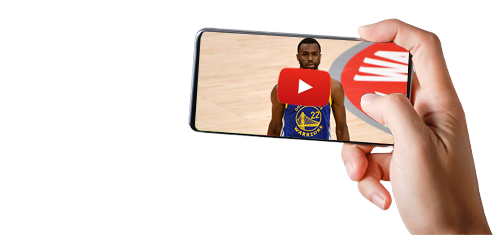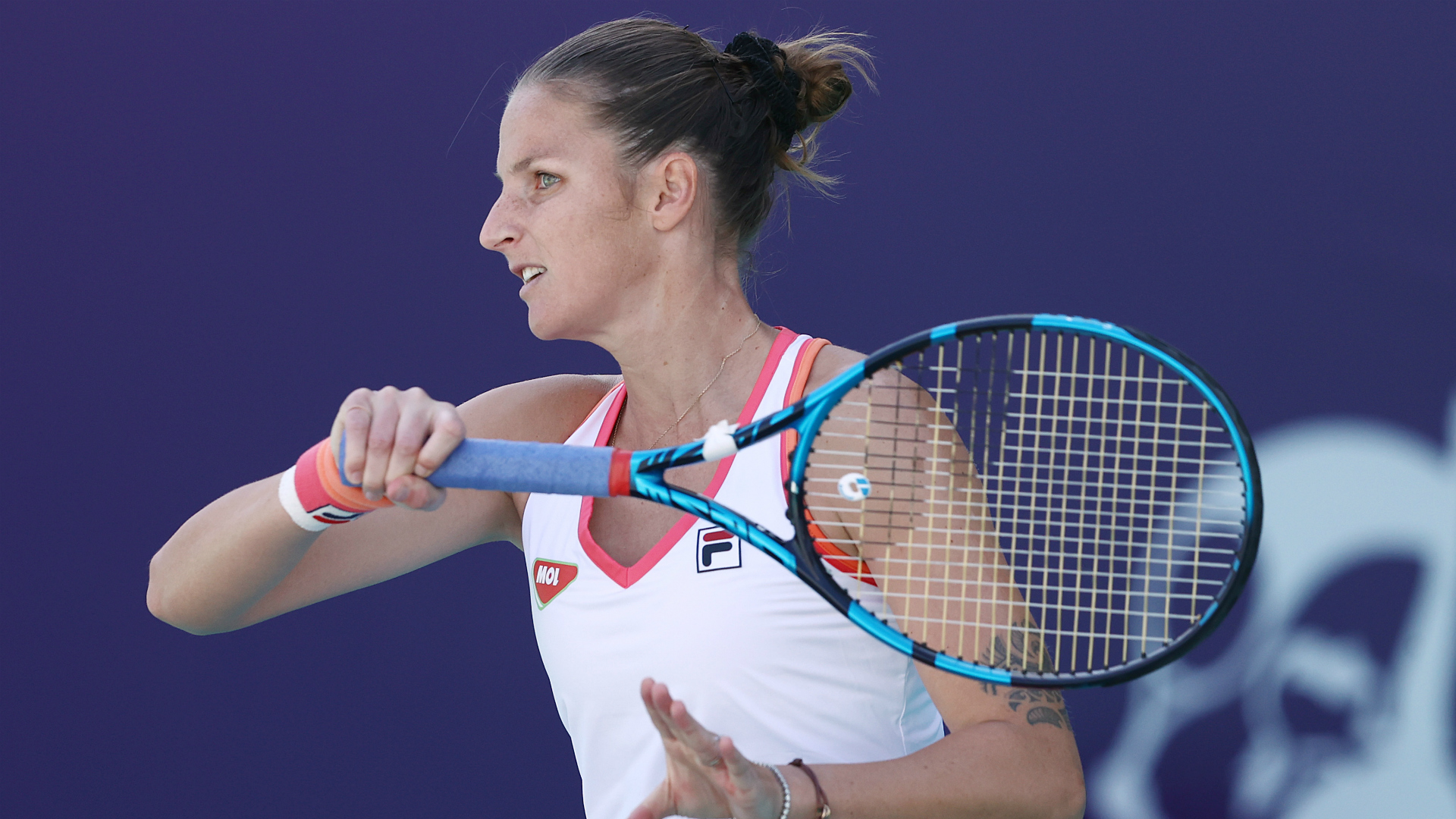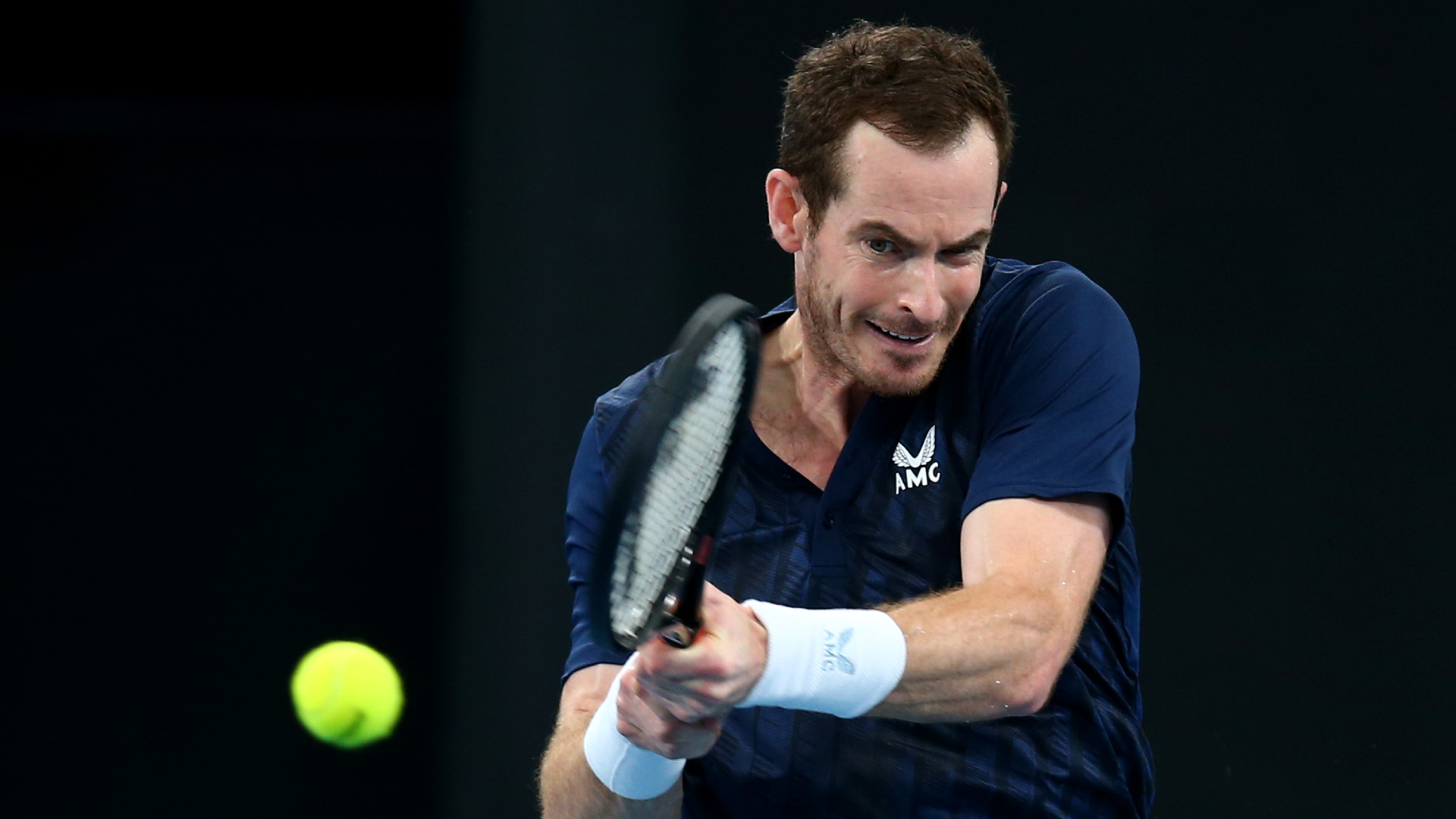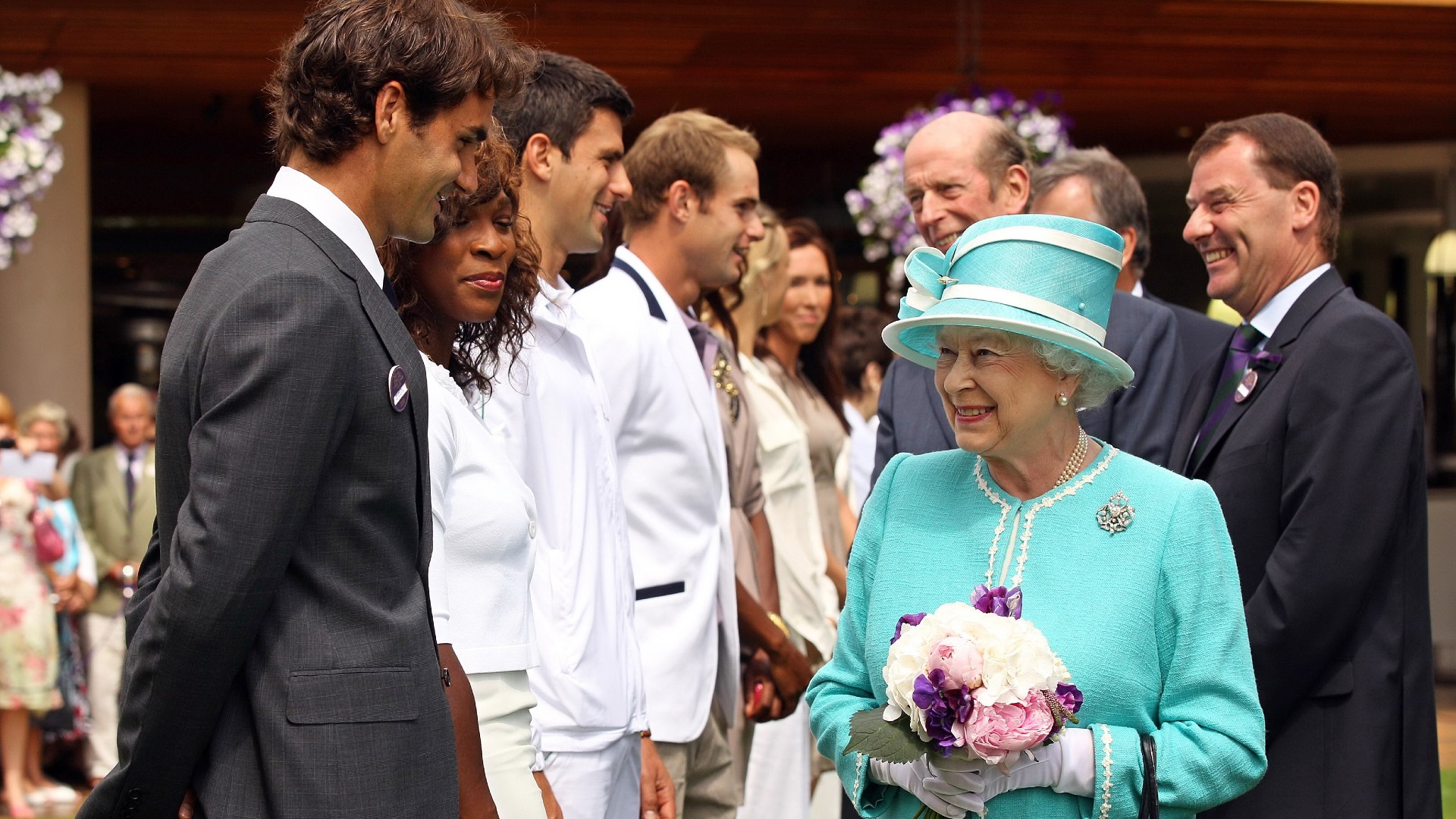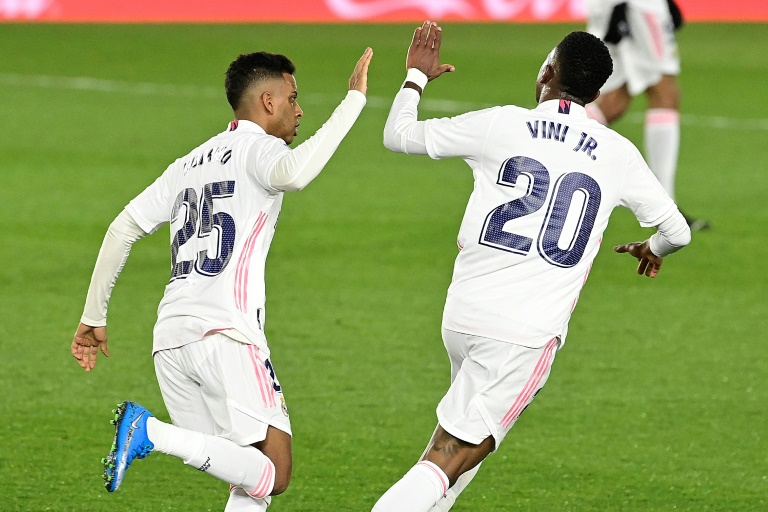
Pep Guardiola has frequently been accused of overthinking during his time as Manchester City manager, with some even putting their continued failure to win the Champions League down to this reason.
As a case in point, City lost to Chelsea in the 2021 final of that competition when Guardiola decided against fielding a naturally defensive midfielder.
Perhaps it has been a fair criticism at times, but by extension it highlights the self-belief that he can outmanoeuvre opponents before they’ve even set foot on the pitch.
He might even be accused of having overcomplicated plans for Thursday’s trip to Stamford Bridge.
Yet Guardiola also inspired the 1-0 win over Chelsea with his own apparent recognition that he got his initial line-up wrong, his second-half changes proving key as City returned to winning ways after that disappointing 1-1 draw with Everton on New Year’s Eve.
It took a while for victory to look likely, though, even with a patched-up Chelsea enduring an injury nightmare.
There was unmistakably a sense of bewilderment around the stadium as Raheem Sterling and Christian Pulisic sustained knocks that forced their withdrawal.
Only 22 minutes had been played. The double blow continued Chelsea’s remarkably bad luck on the fitness front of late, with those two taking their injury list to 10 players having also lost Mason Mount in the previous 24 hours.
And if there’s any team primed to capitalise on such misfortune, it’s City.
Or, it usually is.
Despite Chelsea’s predicament, they were the better team in the first half – quite comfortably so, some fans might even suggest.
Pulisic looked destined to score when John Stones produced the forceful – but clean – last-ditch tackle that ultimately forced the American’s substitution.
Bernardo Silva made a similarly important intervention to block an attempt from Pulisic’s replacement, Carney Chukwuemeka, who looked lively off the bench.
While it may not have been a case of City struggling to stay afloat, their lack of invention and control was curious, even against a team like Chelsea.
It was nothing like the City we’ve come to expect.
Still, though, Chelsea deserved credit. For all their problems and poor recent form, they looked sharp, up for a fight, and went agonisingly close just before the break as Chukwuemeka hit the post at the end of a rapid breakaway.
It was in moments like that, when the game was stretched, that Chelsea looked their most threatening – perhaps, then, it was no surprise to see Guardiola make changes at the interval.
City reverted to a back four. Kyle Walker and Joao Cancelo were withdrawn; Manuel Akanji went to centre-back; Rodri moved back into midfield, and Rico Lewis came on as a right-back-cum-central-midfielder.
Almost instantly City had the greater control they’d desired. Suddenly Chelsea were struggling to keep their heads above water as the visitors relentlessly poured men forward and snuffed out any counter attempts.
Chelsea survived in the 52nd minute when Nathan Ake’s header hit the post and Phil Foden saw a follow-up blocked; Kevin De Bruyne then drilled wide from inside the box a few minutes later.
But while Guardiola’s half-time adjustments undoubtedly played a role in altering the course of the match, it was his additional tinkering on the hour that was truly decisive.
Foden’s restoration to the starting XI would have been popular among the army of supporters calling for his return, but he was largely anonymous here – the impact of his replacement will have surely drawn a smug grin from Guardiola.
Jack Grealish, with his first major involvement three minutes after coming on, played the ball across the face of goal to put it on a plate for Riyad Mahrez.
He was left with a simple tap-in, opening the scoring with what was also Mahrez’s first proper involvement as he got in behind Marc Cucurella.
It had been that area of the pitch where most of City’s joy had previously come from, with Bernardo’s substitution for Mahrez almost surprising at the time given the Portugal midfielder had been giving Cucurella the run-around in the first 14 minutes of the second period.
Yet Guardiola’s decisiveness was crucial. He went back to the wide pairing that had become his favoured option lately, and they showed why that’d been the case in one simple move — and just a few moments after being introduced.
Chelsea’s attempts to claw back the slender deficit were valiant, spirited, their young substitutes battling away encouragingly. It was ultimately beyond them, but there is only so much you can expect given the Blues’ list of absentees.
No, this was all down to City and Guardiola.
Maybe Guardiola did overcomplicate things for himself, but if you don’t have anyone good enough to play chess against, sometimes you’ve just got to play yourself.



